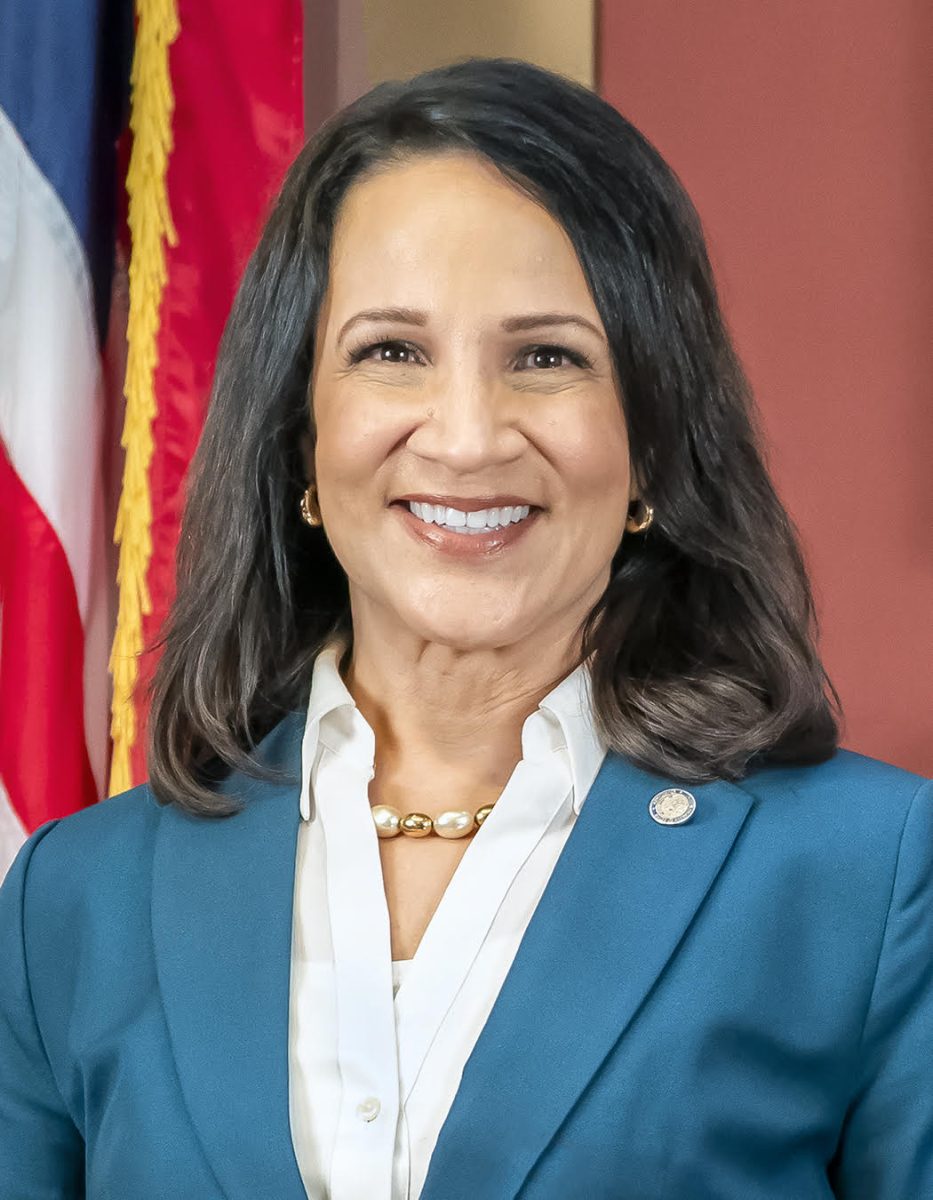Although demand for its services continue to rise, the Boynton Mental Health clinic has been able to keep the number of students on its waitlist at zero.
Consistent staff increases and the introduction of “brief consultation” meetings over two years ago have eliminated the clinic’s waitlist, which applies to students who would have to wait more than two weeks for service, since fall 2016.
They have achieved this despite rising student demand. In 2018, the clinic saw 800 more new patients apply for care than in 2014.
“This fall, compared to fall of 2017, we had a 16 percent increase in the number of students seeking mental health care at Boynton,” said Carl Anderson, director and chief health officer of Boynton.
In 2014, the waitlist sharply increased from previous years, topping at 72 students at one time in fall 2015, according to Boynton Mental Health data. In fall 2016, that number fell to zero.
The increase of Boynton Mental Health staff has helped to eliminate the clinic’s wait list. Currently, the clinic staffs 30 therapists and prescribers, including four psychiatrists. The number of full-time equivalent employees has approximately doubled since 2013.
“The demand has not flattened down yet,” Anderson said. “It still continues to go up and we are assuming it’s going to still go up until next fall.”
Boynton Mental Health added brief consultation meetings in fall 2016, offering a new method to help students find appropriate care. During this meeting, students discuss their needs with a therapist to connect them with resources on and off campus.
“One of our brief consultation therapists [will] determine if the students’ needs will be best met at Boynton or with the community resources. And sometimes, it can be a combination of both of those things,” said Steve Hermann, director of Boynton Mental Health.
The consultation lasts 20 to 30 minutes and is often scheduled the day a student walks into the clinic or within 24 hours. After this meeting, a student will have a full therapy appointment within two weeks.
“The whole goal of that meeting is to collect enough information so we can make good recommendations to the student,” said Matt Hanson, assistant director of Boynton Mental Health. “We can help here [at Boynton], or you might be better served by going to the community.”
About 15 to 20 percent of students are referred to community providers, Hermann said.
“It depends on what the student wants and needs,” Hermann said. “But we do have a case manager and medical social worker to help with those referrals. Normally, students are able to get started in the community within one to two weeks.”







